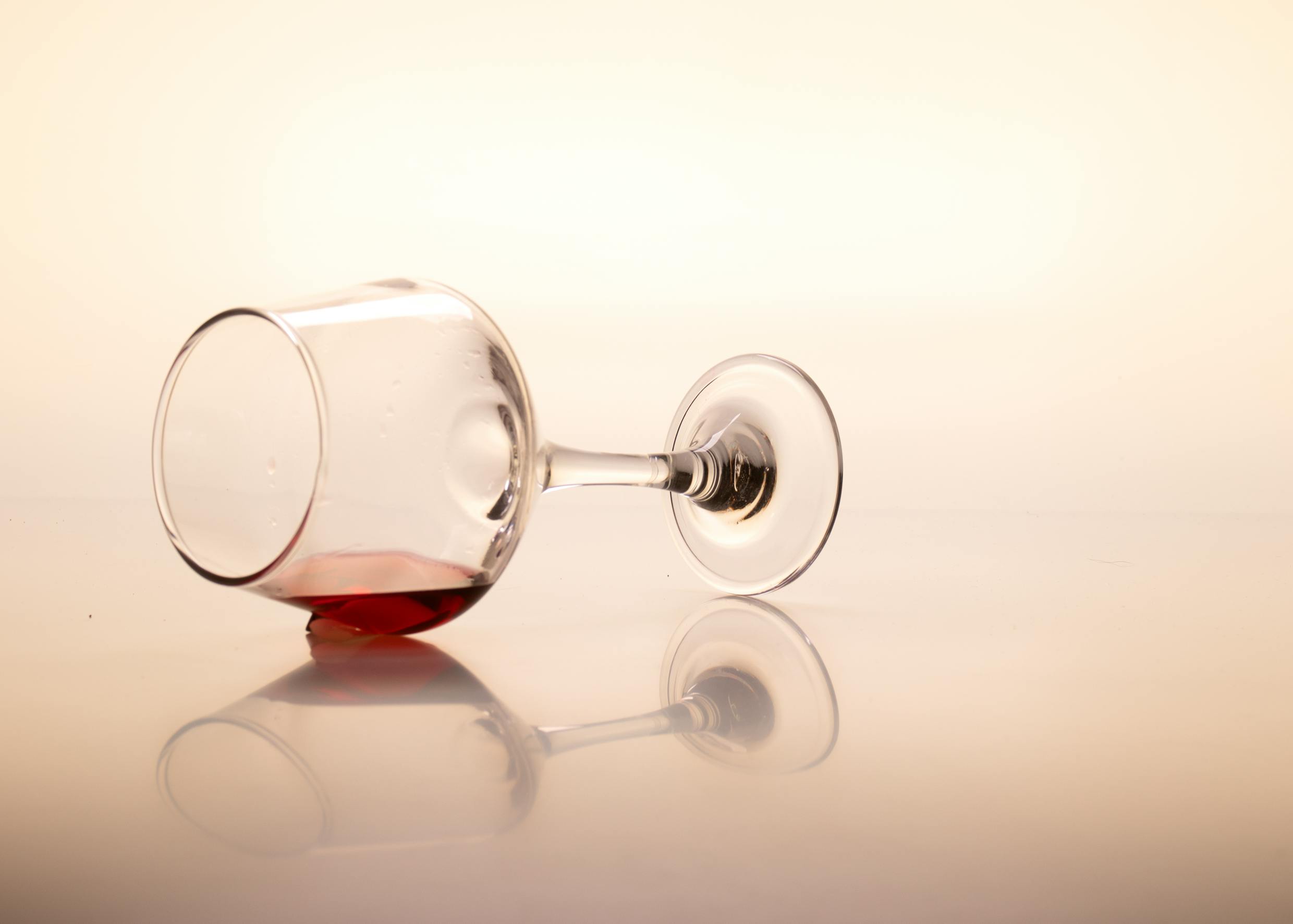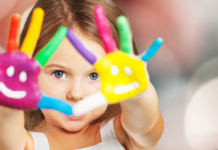 I’ve been noticing a shift in the cultural conversation around alcohol use and sobriety. All around me, people are talking about dry January or resolutions to reexamine their relationship with alcohol. I see headlines telling us that fewer people are drinking and that there is new evidence about how alcohol affects our health. I continue to see more and more advertisements for non-alcoholic beer, spirits, and wine.
I’ve been noticing a shift in the cultural conversation around alcohol use and sobriety. All around me, people are talking about dry January or resolutions to reexamine their relationship with alcohol. I see headlines telling us that fewer people are drinking and that there is new evidence about how alcohol affects our health. I continue to see more and more advertisements for non-alcoholic beer, spirits, and wine.
There are more people who are sober curious and interested in exploring an alcohol-free lifestyle. If you are someone who is wondering about your relationship with alcohol, this one’s for you. Everyone’s choice about alcohol is individual and no journeys are going to be exactly the same. I want to offer my perspective, but I’ve also asked a couple friends to join in to offer their stories too.
The Decision to Stop
My choice to stop drinking was forced on me by medical issues. I had my last drink in December of 2019 before I knew I was very ill. A couple years later, when I was able to drink again, I realized I hadn’t really missed alcohol and didn’t see the benefit in adding it back to my life.
Rachael started drinking more frequently during the Covid pandemic due to isolation and boredom, but she started to realize the hold alcohol had on her. She said, “It caused sleep disruptions, put me in a foul and very anxious mood the night of consumption and the day (or days) after, and was impacting my nutritional choices by loosening any inhibitions I had around junk food while drinking and while hungover. The impacts of drinking too much were starting to creep into every area of my life.” After trying to set limitations on her drinking – only drinking on certain days, or only having one drink – that didn’t work, and she decided something had to change. On the morning of a bad hangover, she made a commitment to stop drinking.
Meagan began examining her reasons for drinking and found it was “an attempt to change the way I felt and to present a different and ‘better’ version of myself to whatever situation I was in.” She tried dry January and spent that time learning about the effects of alcohol and digging into her relationship with it. She began drinking again after January and was soon back to her usual drinking routine. As a birthday gift to herself, she committed to being alcohol free for one year.
The Process of Quitting
Rachael said one of the things that helped her while quitting was understanding why she was drinking. “[My therapist and I] discussed what I loved about drinking and landed on this: I really loved the feeling of being buzzed. My therapist asked me how long that first feeling of being buzzed that I love so much lasts. I said, probably 20 minutes,” she said. “I was sacrificing hours and days of my life to hangovers, anxiety, self-loathing, and disappointment for the pursuit of a 20-minute sensation. That equation really resonated with me. It just didn’t make sense. Once that clicked in my head, it wasn’t hard to justify getting back the days, weeks, and months I had traded to drinking and hangovers.”
Rachael immersed herself in sober culture in the days and months following her decision to quit drinking. She found books, podcasts, and blogs about sobriety and authored by women to provide guidance and support.
Meagan shifted her view on being alcohol free during her time quitting. She said, “I highly valued the voices that championed sobriety from a place of radical self love rather than the ‘wretch like me’ stories…I needed to lean into sobriety from an angle that framed alcohol as the problem (an inherently addictive substance) rather than putting the onus onto me as a person who just couldn’t drink ‘normally like everyone else’.”
The Things We Miss
I miss the carefree feeling that comes with drinking – those moments when the inhibitions are lower and everything feels so fun. But I’ve also realized those times are small windows and are fleeting. I’ve found, in place of those moments, I find real and deep connections with people.
Meagan echoes that feeling, saying, “I miss the instantaneous effervescence of a moment over a shared drink, but I know now that it doesn’t last longer than about 15 minutes, and I’ve learned to find and celebrate a sustained effervescence that waxes and wanes with a more natural rhythm.”
Meagan also figured out there were activities she used to enjoy with friends that were not fun anymore. She said, “I’ve found power in not forcing myself to do things that I don’t enjoy doing sober.”
The Gains
Not drinking is another way for me to take care of my body as I get older. It becomes more and more apparent to me that what I put in my body really matters. I’m thankful that I don’t wake up with a wine headache or dehydration from drinking too much. It feels good to know I’m making the best decision for my body.
For Rachael, not drinking has improved every aspect of her life. “Not drinking has improved my quality of sleep, my workouts, my nutrition, my relationships, my ability to be a consistently present, loving, patient parent, my practice in yoga and meditation, my writing, my work, my drive and energy,” she said. Remembering these gains helps Rachael stay committed. She said, “With that in mind, it’s easy for me to keep making the decision to be alcohol-free. Why would I give all of this up to go back to that 20-minute buzz?”
Meagan has gained clarity in her alcohol-free life. “I trust myself so much more deeply than ever before. I can hear my inner voice more clearly. I take radical care of myself. I don’t question whether my decisions are from a place of altered thinking because I’m sober all the time,” she said. “I’m getting to know myself more intimately in my late 30s than ever before and I refuse to use any substance to alter the way I show up to my life. I show up exactly as myself.”
Social Outings
I sometimes still get anxious about going to social outings as a non-drinker, but I’m so grateful for all the amazing non-alcoholic options available right now. I have always been a beer drinker and find that most places I go to offer a non-alcoholic option. Being able to still have a beer (I enjoy Athletic Brewing the best) with friends puts me at ease and still provides me with a fun and different beverage. If there isn’t a non-alcoholic option, I treat myself to a soda or soda water with lime. I’ve also found Aplos whose goal is to provide functional non-alcoholic spirits that provide the ritual and relaxing effects but use functional ingredients.
Rachael said, “I’ve found that just having a glass of something in my hand (especially in the beginning and at social events) was all I needed to feel the ritual and security of ‘fitting in’ that can sometimes be hard if you’re in a role of ‘outsider’ or ‘other’ by not consuming alcohol when everyone else mostly is.”
Meagan has found comfort in sparkling water infused with bitters, herbs, and fruit while in social situations. She also enjoys adaptogenic and nootropic drinks such Hop Wtr, Curious Elixir, Moment, and Recess, which can provide some pep or some relaxation depending on the ingredients.
Advice
To those that are sober curious, Meagan said, “Know that alcohol is an inherently addictive substance. Read and listen to other sober voices and to your own inner knowing. Try on sobriety for yourself. See how you feel. Make the adjustment.”
As with most things in life, I think it is important to understand our why. Why do you drink alcohol? What do you like about it? Examine, explore, and be curious. Try new and different things and see if it works for you. There is no right decision, but it is important to make sure your choices around alcohol are yours and not just what society is telling us they should be.





















Facinating!
Can you share some of your recommended books, podcasts, and blogs about sobriety (and authored by women to provide guidance and support from a place of radical self love)? Thanks!
Hi! A few books to try are The Named Mind, Quit Like a Woman, Drinking: A Love Story, and We Are the Luckiest. Some of this come at it from an addiction standpoint (and that is not always the case for someone who wants to quit) but I think they will be helpful. Glennon Doyle is a very empowering woman who has been sober for 26 years. She talks about it in her books and podcast, We Can Do Hard Things. Hope these help! Happy to chat any time!